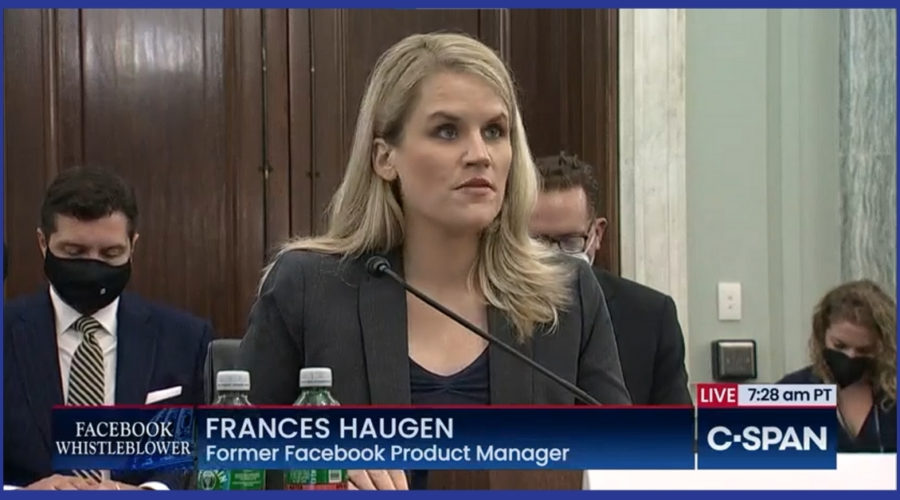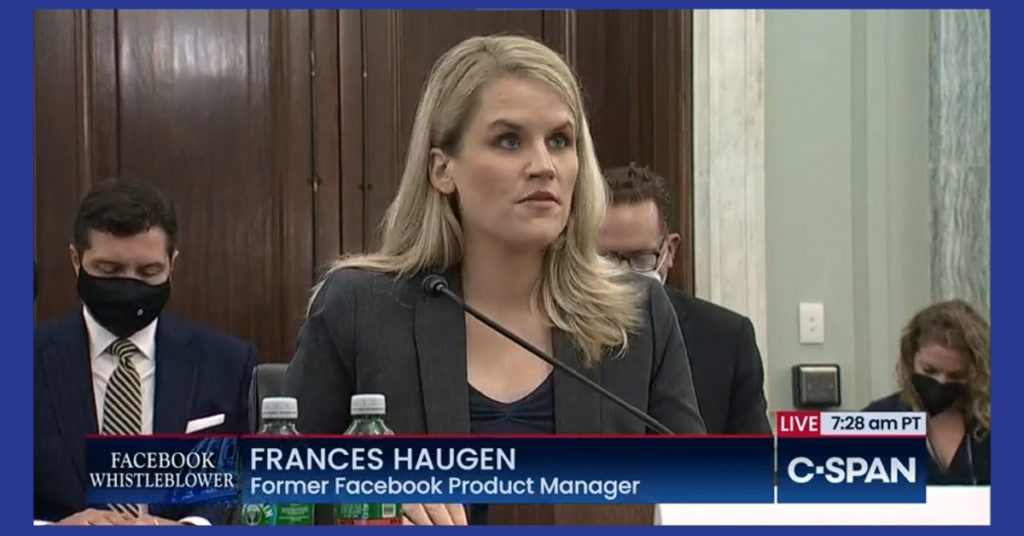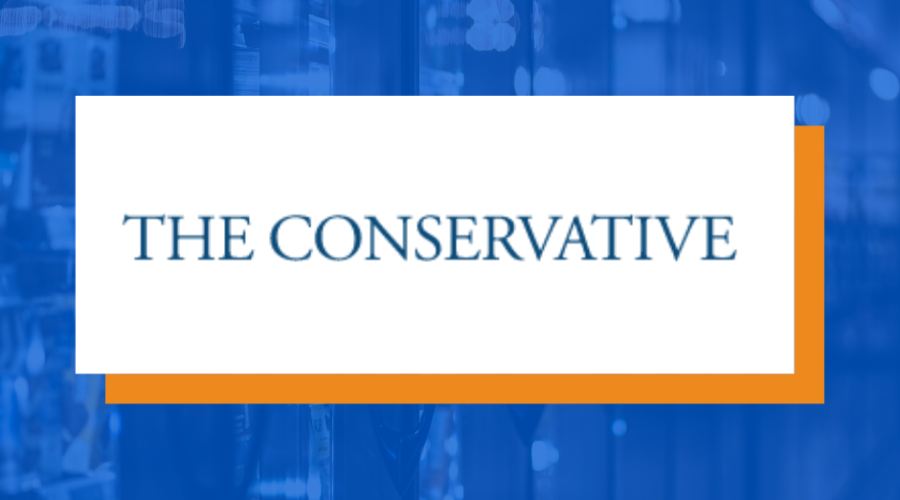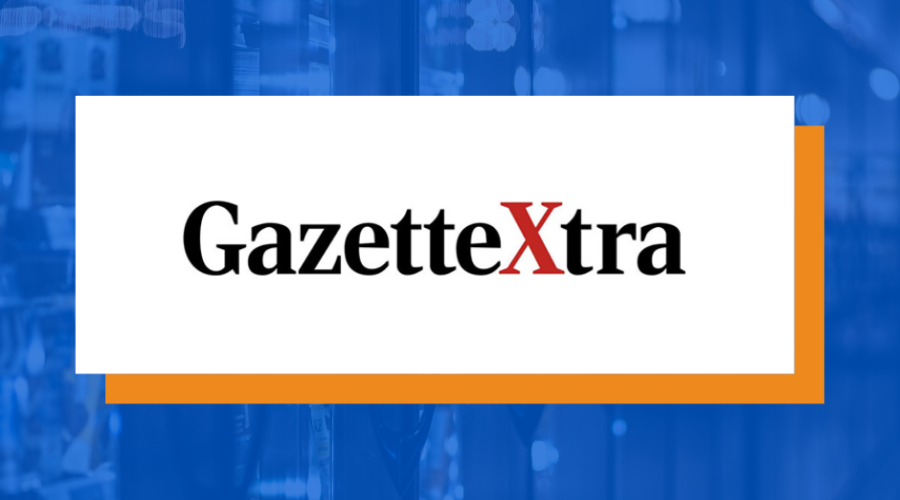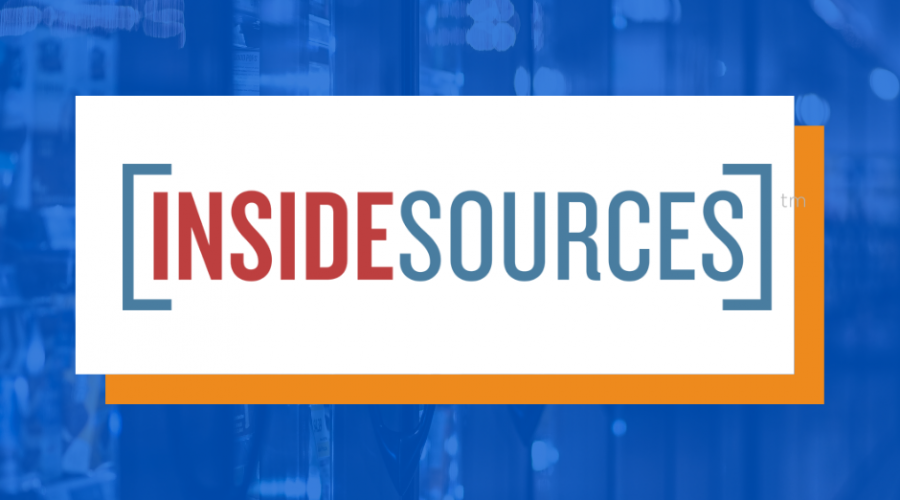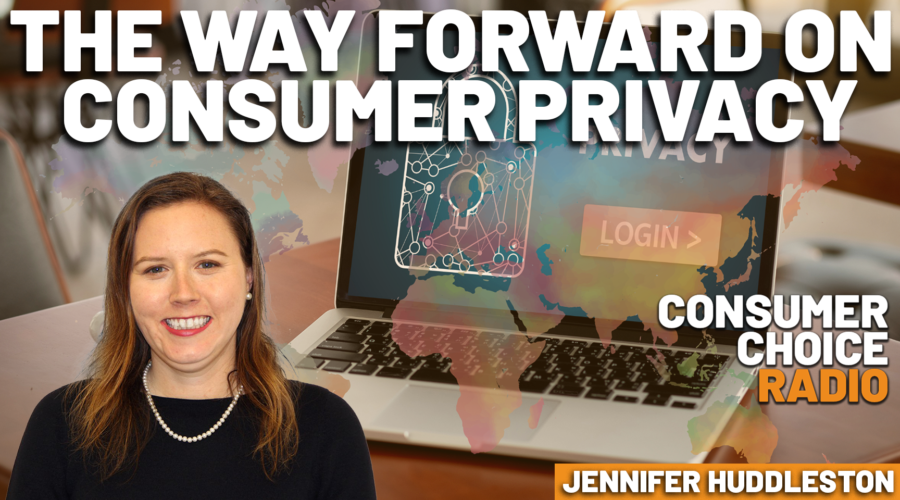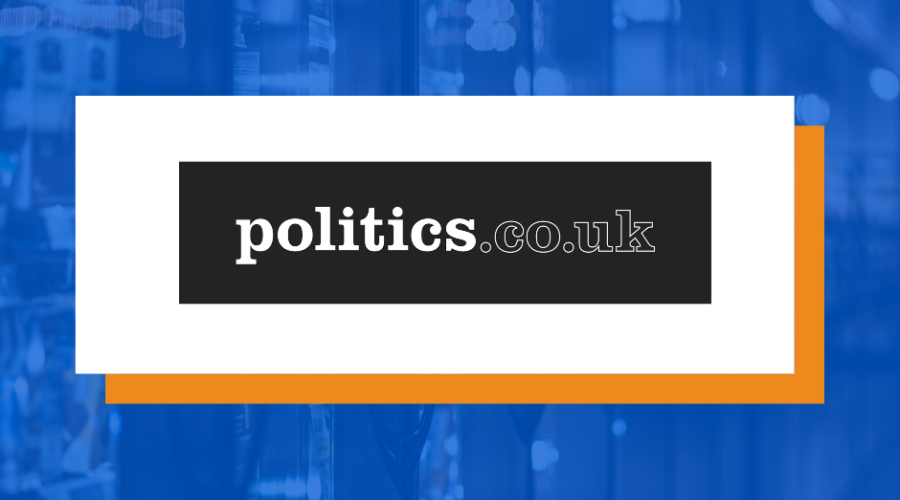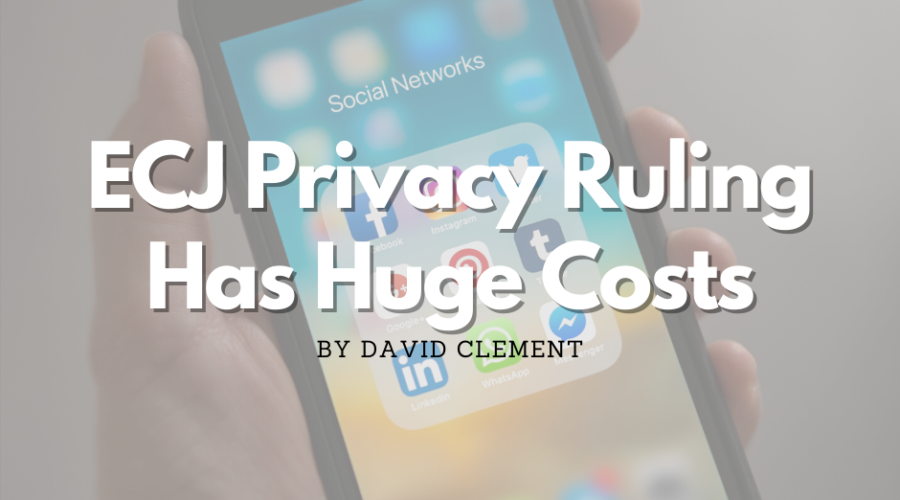Where is the FTC’s privacy report?
Data privacy is a fundamental liberal democratic principle for citizens + consumers.
In December 2020, the Federal Trade Commission ordered security and privacy data from Big Tech firms to inform potential future rules that would impact all consumers.
It’s nearly November 2022 but we still have NO report. Why?
We know that our interactions with companies and government involve privacy trade-offs that we must weigh individually. That’s what informed consumer choice is all about, and why we fight for smart data and privacy rules
Enough with data leaks/hacks!
We need smart data and privacy rules that can:
💡Champion Innovation
🛡Defend Portability
📲Allow Interoperability
👨💻Embrace Technological Neutrality
👩⚖️Avoid patchwork legislation
🔒Promote strong encryption
Learn more! 👇
Originally tweeted by Consumer Choice Center (@ConsumerChoiceC) on April 21, 2021.
The FTC began its 2020 investigation into data practices from major tech companies to try to understand their algorithms, data collection, and monetization. Tech firms provided this within 45 days.
But still no FTC report.
In August 2022, FTC called for public comments on commercial data practices and surveillance by tech firms, presumably informed by the data they collected and analyzed in their report.
But still no FTC report.
Maybe that’s why the deadline was pushed from October 20 to November 21, the week of Thanksgiving…
By then, will American consumers and citizens have access to the FCC report?
The FTC is asking for citizen comments on the data practices of tech firms, we deserve to know what’s in the report they’ve been cooking up for nearly 2 years.
As Joel Thayer writes, it’s an absolute failure that a major agency has fallen behind on this task, especially considering their ream of lawsuits and actions against these same tech companies.
If the FTC wants to empower consumers and provide a framework that we can debate, it needs to prove it. While data and consumer privacy are vital for consumers and innovators, we know this FTC chair has an agenda that will have sweeping ramifications.
FTC Chair Lina Khan has aimed to stop mergers and acquisitions and issued record fines on tech companies against the advice of her own staff. If FTC wants to invoke consumer privacy as another regulatory hammer, consumers deserve a say.
In our view, consumer and data privacy rules must provide balance and protection:
- Champion Innovation
- Defend Portability
- Allow Interoperability
- Embrace Technological Neutrality
- Avoid patchwork legislation
- Promote and allow strong encryption
Anyone who wants to submit a comment to the FTC on their “Trade Regulation Rule on Commercial Surveillance and Data Security” — even without the report — should submit one here.

